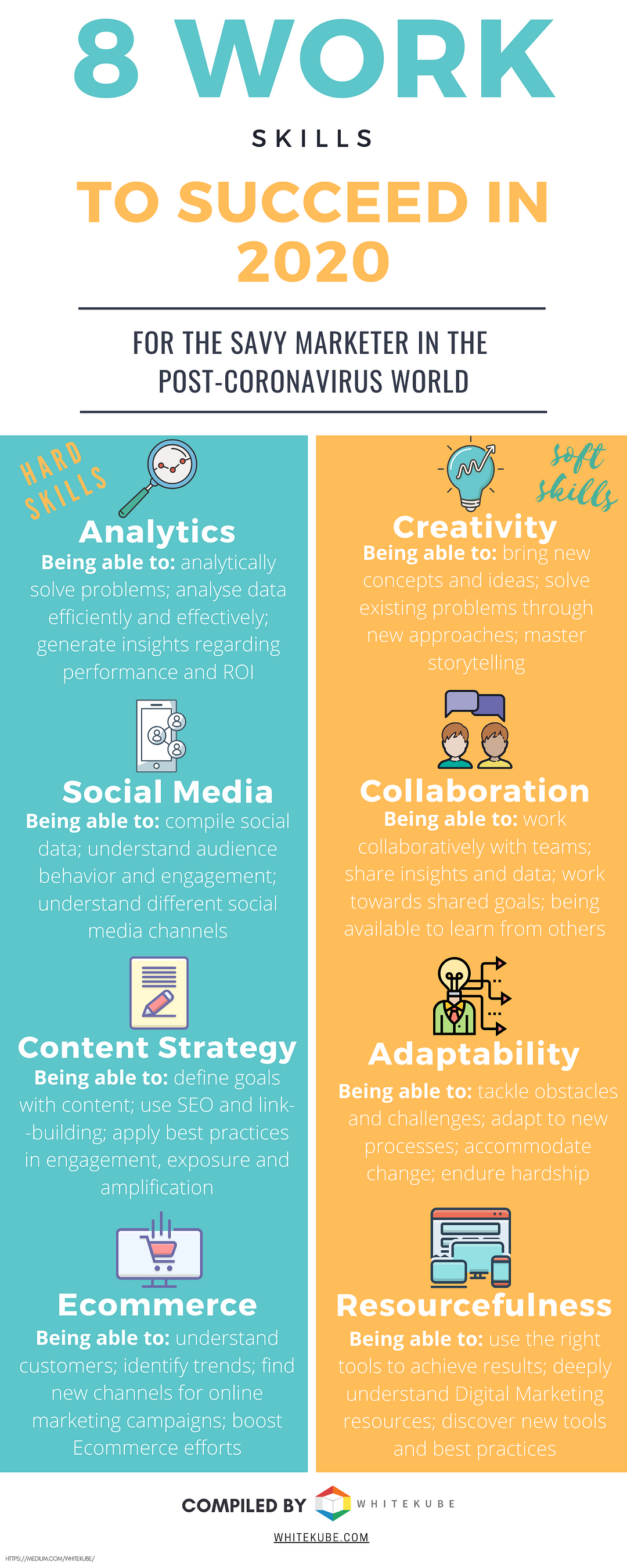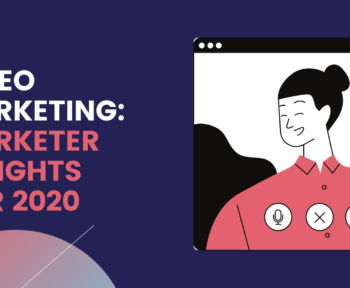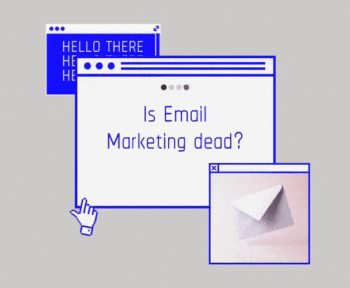2020 tem sido um ano estranho, desafiante e de mudança. Indivíduos, profissionais, empresas, marcas e organizações foram impactadas pelas consequências da pandemia global.
No que diz respeito ao contexto laboral, atualmente, além dos desafios já existentes, as equipas e indivíduos lidam com uma nova realidade: os próximos anos vão ser desafiantes e repletos de diferentes tipos de cargos, habilidades profissionais e tendências.
O que funcionou no final de 2019 poderá não voltar a ser eficaz no futuro, como consequência de mudanças profundas no mercado, nos consumidores e até na própria força laboral. Adicionalmente, também as expectativas de gestores, profissionais de Recursos Humanos e recrutadores sofreram alterações profundas.
Uma nova realidade profissional
Não é novidade que os profissionais interessados em mudar de trabalho devem focar-se em desenvolver o perfil procurado pelos empregadores. Contudo, tendo o contexto atual, as mesmas exigências serão aplicadas a quem está feliz com o cargo atual e pretende mantê-lo. Na era pós-COVID19 não haverá espaço para estagnação ou para repetir as mesmas fórmulas uma e outra vez — especialmente porque não sabemos se voltarão a funcionar, durante um longo período de tempo.
“Dados atuais e insights corretos nuna foram tão importantes como agora. Em tempos incertos, depender apenas dos instintos é perigoso” — Andrew Reid, Founder and CEO, Rival Technologies
Agora, mais do que nunca, os insights são fundamentais quando o objetivo é compreender novos padrões de comportamento (de consumidores a colaboradores) e agir durante a crise. Somente através da exploração, análise e compreensão da mudança, os profissionais poderão ser capazes de ultrapassar algumas barreiras através do uso do poder do conhecimento.
A verdade é simples: este não é o momento ideal para confiar e depender apenas da intuição…
…mas isso também não significa que o medo deva paralisar-nos. Vencer ou perecer, está nas nossas mãos!
O que Significa Esta Nova Realidade para o Marketing?
Dados e previsões demonstram que a maior parte dos negócios irá enfrentar dificuldades durante o próximo ano, para recuperar das perdas registadas a nível de receita, tráfego e conversões. Os eventos deste ano tiveram um impacto profundo no comportamento dos consumidores (pesquisa, intenção de compra, gastos), assim como, na performance e custo da publicidade.


De acordo com o “The Global Consumer Sentiment Survey” (McKinsey and Company), 47% dos consumidores indicou que se encontrava a poupar e 49% afirmou que está a ser mais cauteloso na forma como gasta dinheiro devido à pandemia.


Ainda assim, há luz ao fundo do tun… perdão, no final da pandemia. Os dados demonstram que, até certo ponto, os consumidores estão recetivos a certos tipos de mensagens de Marketing, neste momento. Um estudo recente da American Association of Advertising Agencies descobriu que 43% dos consumidores acham reconfortante receber novidades das marcas que seguem. Adicionalmente, 56% afirmou ter interesse em saber de que forma as marcas estão a ajudar as comunidades durante a pandemia. Apenas 15% afirmou preferir não ouvir falar de marcas e empresas.
Tamara Chan, Especialista Sénior na McKinsey & Company e co-fundadora do Consumer Sentiment Survey, aconselha os profissionais de Marketing a adoptarem uma estratégia em três frentes, à medida que vão progredindo durante a pandemia:
- Resolve & Resilience: Navigate the now
- Return: Plan the recovery
- Re-imagination: Lead the next normal
“As marketing leaders, managing the human element is critical — and that is taking care of our people, customers, and communities. At the same time, we need to just think about the three horizons to shape the way forward: navigate the now, plan for recovery, and lead the next normal,” explains Charm.
“It’s important to address what’s happening now, then how do you approach recovery and planning, and, finally, as we think about shifts in behavior, we expect there will be a ‘next to normal’ where not everything will go back to the way it was pre-COVID. Many of these intensified consumer behaviors will continue.”
Do You Have The Right Set of Work Skills?
As in most industries, marketers and Marketing businesses will have no room for lack of effort, lack of adaptability, or not wanting to go the extra mile. This is especially true as the market becomes more demanding in order to answer to the new economic challenges.
For the ones looking for a new job, the research will be more competitive than ever; for the ones fighting to stay relevant in their workplaces, the work day will be more challenging than ever.
The Marketer of the post-COVID era will have to master a set of work skills, both hard and soft:
- Hard skills: Teachable abilities of skills sets that are easy to quantify (a degree or certificate; proficiency in a foreign language);
- Soft skills: Also known as “people skills” or “interpersonal skills” (creativity, adaptability, emotional intelligence).
According to the “Business skills census 2019”, 83% named at least one social skill as essential, and 76% named at least one core skill as essential for their entry-level marketing employees to have. When looking at individual skills, the most likely to be deemed essential for young entrants to have by employers was teamwork (51%) and good written and spoken communication (50%).
The future of Marketing will not just be dependent on technological advancements. It will require multi-skilled marketers with the right skillset and mindset.
So what are the eight essential skills that workers will need to navigate a changing work environment — and flourish in the post-COVID era? Read on to learn more about the top skills that employers will be looking for in 2020 and beyond.
8 Work Skills To Succeed in 2020

HARD SKILLS
Analytics
The ability to determine the deeper meaning or significance of what is being expressed: by numbers, trends, insights, and data. Digging deep on a subject and analysing facts with a critical eye are very important skills anyone in this field must develop.
Being able to:
- Analytically solve problems;
- Analyse data efficiently and effectively;
- Generate insights regarding performance and ROI.
Social Media
The ability to understand, strategize, and plan for the multitude of social media platforms. Having social media literacy means the ability to critically assess and develop content that uses each one of these platforms and to leverage them for persuasive communication.
Being able to:
- Compile social data;
- Understand audience behaviour and engagement;
- Understand different social media channels.
Content Strategy
A long-term skill in which every word counts. The ability to strategise and create content that is grammatically flawless and combines rhythm, emotion, stories, and personality to emotionally engage with readers. Being curious and analytical enough to understand target audiences and influential enough to impact them with persuasive content.
Being able to:
- Define goals with content;
- Use SEO and link — building;
- Apply best practices in engagement, exposure and amplification
Ecommerce
The ability to use today’s most valuable marketing channels to develop an Ecommerce marketing strategy. Know how to use social media, digital content, search engines, and email campaigns to attract visitors and facilitate purchases online.
Being able to:
- Understand customers;
- Identify trends;
- Find new channels for online marketing campaigns;
- Boost Ecommerce efforts.
SOFT SKILLS
Creativity
The ability to have forward-thinking and perceive the world in new ways. The ability to find hidden patterns, generate solutions, and help design products, solutions, ideas, and approaches for tomorrow.
Being able to:
- Bring new concepts and ideas;
- Solve existing problems through new approaches;
- Master storytelling.
Collaboration
Ability to work productively, drive engagement, and demonstrate presence as a member of a physical and virtual team. Able to perform well on a team and collaborate with others on complex projects.
Being able to:
- Work collaboratively with teams;
- Share insights and data;
- Work towards shared goals;
- Being available to learn from others
Adaptability
The ability to adapt to change in the workplace. Having a personal growth mindset and being a self-starter. Willingness to learn in complex or adverse situations.
Being able to:
- Tackle obstacles and challenges;
- Adapt to new processes;
- Accommodate change;
- Endure hardship.
Resourcefulness
The ability to stay up to date with new resources, insights, trends, and tools that can help achieve results. Being able to anticipate problems and be prepared.
Being able to:
- Use the right tools to achieve results;
- Deeply understand Digital Marketing resources;
- Discover new tools and best practices;
Refining hard and soft skills can kelp take your career to the next level. Do you have an insight or resource to add? Please share it in the comment section! Teamwork is great work!



